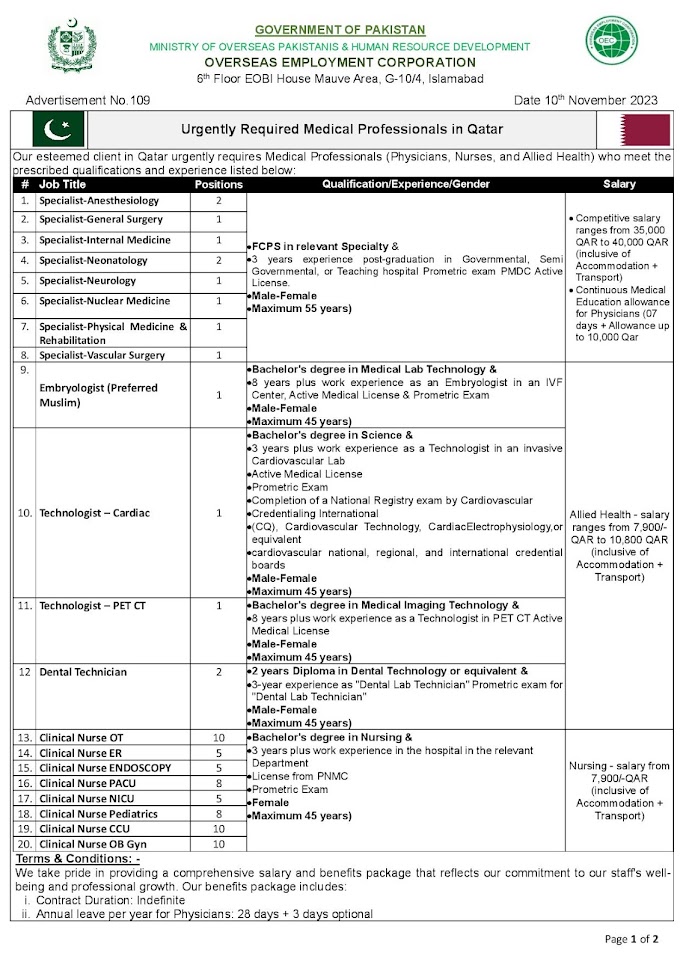On March 25, 2021, a congressional hearing was held in Washington D.C. regarding the popular social media app, TikTok. The hearing focused on the app's potential national security risks, including concerns over the app's data privacy practices and its relationship with the Chinese government.
One particularly interesting moment during the hearing was when TikTok's Vice President of Global Business Solutions, Blake Chandlee, had difficulty connecting to the WiFi during the virtual hearing. Chandlee attempted to join the hearing remotely from TikTok's headquarters in California, but experienced technical difficulties with his internet connection.
The incident quickly became a topic of conversation on social media, with many users poking fun at the situation. Some joked that it was a deliberate move by TikTok to avoid answering tough questions from Congress, while others sympathized with Chandlee's struggles with virtual meetings during the pandemic.
Despite the lighthearted nature of the moment, the TikTok hearing itself was a serious affair. Lawmakers expressed concerns over the app's potential to collect data on American citizens and share that data with the Chinese government, as well as its potential use for propaganda and disinformation campaigns.
TikTok has repeatedly denied these allegations, and has attempted to distance itself from its Chinese roots by hiring American executives and building a team in the United States. However, the app's popularity among young Americans has made it a target for lawmakers, who are concerned about the potential for foreign influence on U.S. elections and the spread of misinformation.
As the hearing drew to a close, Chandlee was eventually able to connect to the WiFi and offer his testimony. However, the momentary glitch highlighted the importance of reliable internet connections in today's increasingly virtual world, and the challenges of conducting remote meetings and hearings in a pandemic-era society.
Overall, the TikTok congressional hearing on WiFi was a noteworthy event that highlighted the ongoing concerns over the app's national security risks. While TikTok has made efforts to address these concerns, it remains to be seen whether these efforts will be enough to satisfy lawmakers and the American public.
During the hearing, lawmakers questioned TikTok executives about the app's data privacy practices and its relationship with the Chinese government. They expressed concern that TikTok could be collecting data on American citizens and sharing it with the Chinese government, potentially compromising U.S. national security.
In response, TikTok executives denied these allegations and emphasized the app's commitment to user privacy. They also highlighted the steps the company has taken to address these concerns, such as establishing a transparency center and hiring third-party experts to conduct security audits.
Despite these efforts, lawmakers remained skeptical and pressed TikTok executives for more information about the app's data collection practices. They also raised concerns about the app's potential use for propaganda and disinformation campaigns, and questioned whether TikTok's content moderation policies were sufficient to prevent the spread of harmful or misleading information.
The hearing also touched on broader issues related to internet security and privacy, such as the need for stronger data protection laws and increased investment in cybersecurity. Lawmakers emphasized the importance of protecting American citizens' personal information from foreign governments and hackers, and called on tech companies to take greater responsibility for safeguarding user data.
Overall, the TikTok congressional hearing on WiFi was an important moment in the ongoing debate over internet security and privacy. While TikTok executives were able to address some of lawmakers' concerns, the app's relationship with the Chinese government and its potential use for propaganda and disinformation remain contentious issues. As technology continues to play an increasingly central role in our lives, it is likely that similar hearings and debates will continue to take place in the years ahead.




.jpeg)
.jpg)





